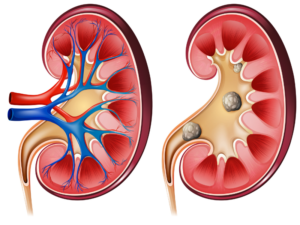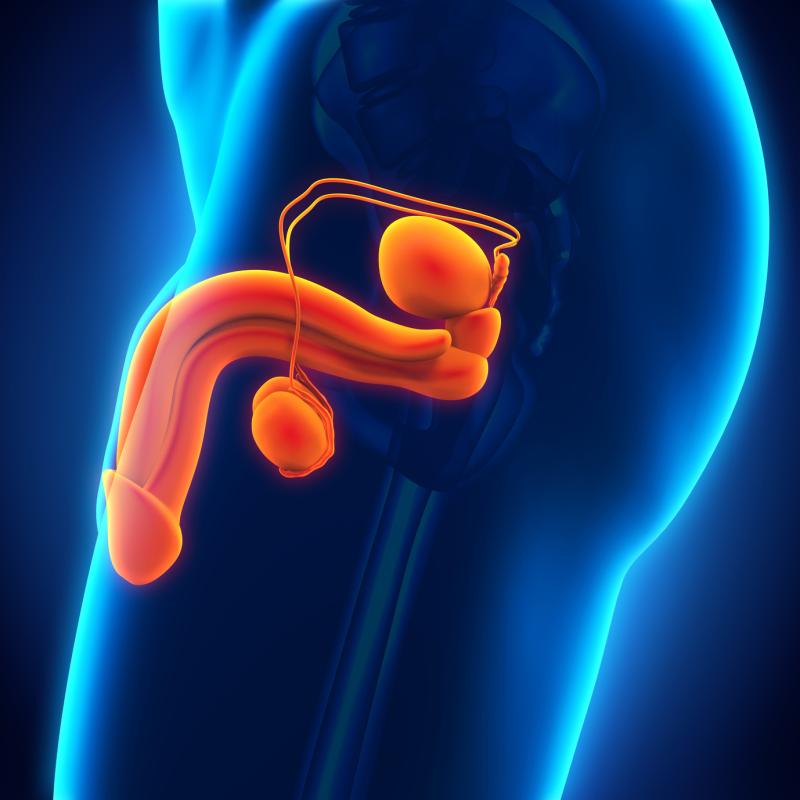What are the Symptoms of Kidney Stones?
They are small crystallizations or mineral deposits that form in the kidneys. Kidney stone It is formed as a result of the concentration of minerals in the urine and is usually excreted from the kidneys through urine. However, sometimes stones can block the urinary tract. It can cause symptoms such as severe pain, bloody urine and infection. They may require treatment and sometimes surgery may be required.
Kidney Stone Symptoms
It often causes severe lower back pain. This pain may start suddenly and fluctuate. Some people feel the pain in the lower back or groin. Kidney stone Some people with this condition may notice traces of blood in their urine or that the urine is cloudy. It can block or irritate the urinary tract, causing frequent urination or an irregular flow of urine. Some people experience nausea and vomiting.
Sometimes it can cause infections, which can lead to fever and chills. It can also cause urinary tract infections. In this case, symptoms such as burning when urinating, changes in urine color, and foul-smelling urine are usually observed. Kidney stone If you are in doubt, it is important to consult a doctor. The specialist evaluates your symptoms. He will then perform the necessary tests to make a proper diagnosis and create a treatment plan.
Kidney Stone Risk Factors

Obesity may increase risk. Being overweight can affect kidney function. It may pave the way for stone formation. Recurrent urinary tract infections cause the chemical balance in the urine to be disrupted. Moreover kidney stone may cause formation. Some medical conditions, such as inflammatory bowel disease, kidney diseases, and gout, increase the risk. Some medications used long-term may increase the risk.
In particular, some diuretic drugs, calcium-containing supplements and some antibiotics can lead to its formation. Foods containing high oxalates (chocolate, hazelnuts, spinach, etc.), foods containing calcium, and excessive salt consumption may increase the risk. Not exercising regularly and adopting a sedentary lifestyle can increase the risk. Kidney stone symptoms If you have or think you may be at risk, it is important to consult a doctor.
Kidney Stone Treatment Methods
Small-sized stones can sometimes be asymptomatic and the body can expel these stones on its own. Doctors only check the symptoms in this case. They may follow the patient to wait for the stone to pass naturally. Various medications are used in treatment to relieve pain, dissolve the stone or control infection. For example, painkillers and anti-inflammatory drugs are among these treatment options. In the extracorporeal shock wave lithotripsy method, high intensity sound waves are used.
Thus, the stones are broken into pieces. The shattered stones are then excreted through urine. ESWL is generally preferred in the treatment of small or medium-sized stones. In endoscopic stone treatment, an endoscope is used to enter the kidney or urinary tract. Stones are directly viewed and extracted. This method is usually used for large or complicated kidney stone It is used in the treatment of Percutaneous nephrolithotomy is an invasive surgical procedure. In this procedure, a thin tube (catheter) is inserted into the kidney and the stones are directly visualized and removed.
This method is generally preferred when large and complex. Lifestyle changes can be made to prevent recurrence. These include drinking enough water, following a healthy diet, and reducing salt and protein consumption. It is also found in controlling calcium, oxalate and urine acidity levels. The most appropriate treatment method for each patient may vary depending on the characteristics of the patient's condition and the size of the stone. Therefore, it is important to consult a doctor to determine the right treatment option.






